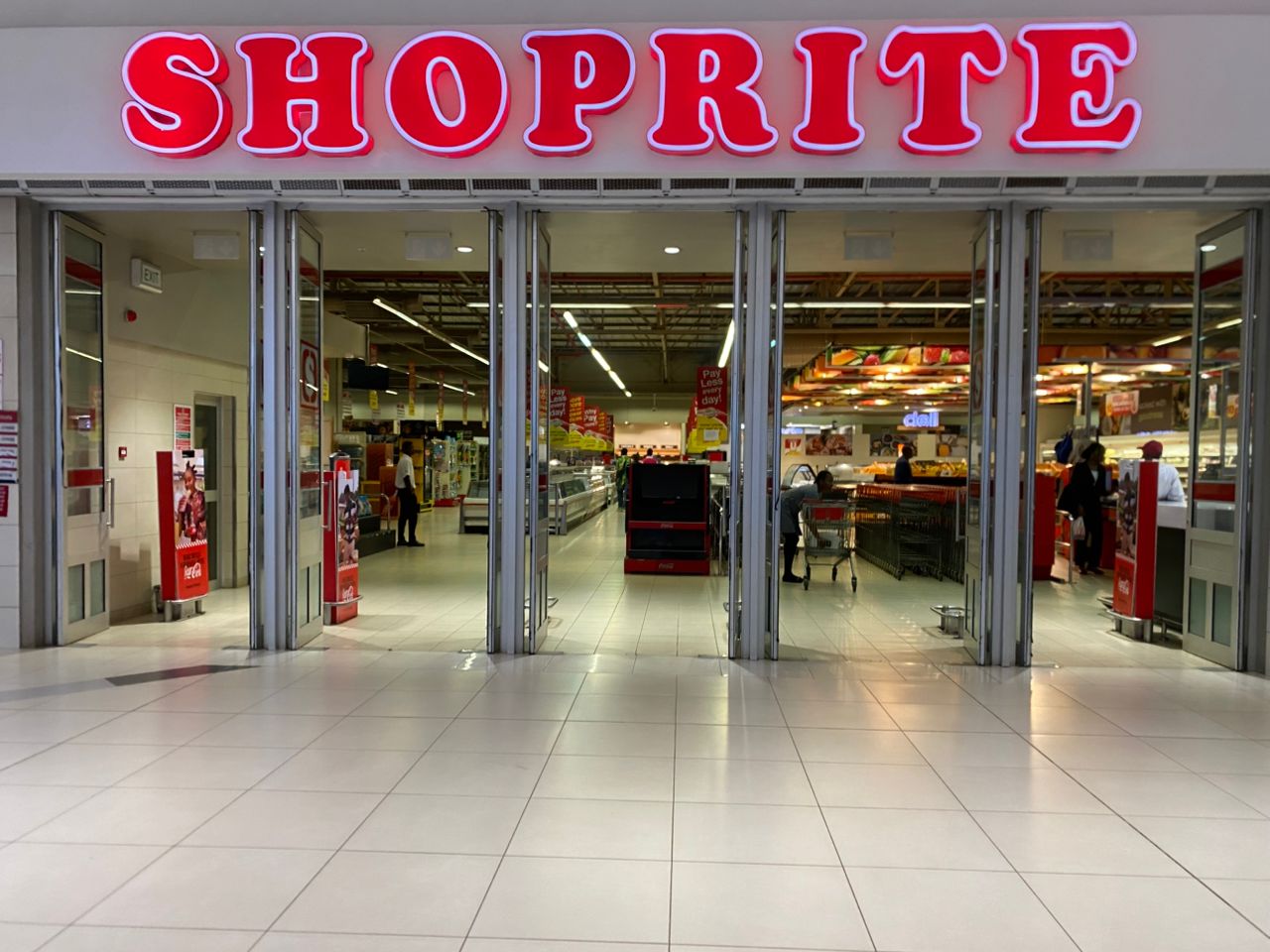In two years, NEPZA chief executive, Ogunyemi has brought significant reforms to make the country’s free trade zones more competitive, contends MARTINS ODEH
Numerous empirical reviews have consistently confirmed the accuracy with which President Bola Ahmed Tinubu recruits experts for key positions in his administration. This remarkable ability to reason and anticipate the best has been ingrained in the president’s personality since 1999, becoming evident during his tenure as Executive Governor of Lagos State. Unsurprisingly, the president identified the Nigeria Export Processing Zones Authority (NEPZA) as a key driver of the economy, expecting that only flawless leadership will interpret the mandate more clearly and with a focus on results. This left him searching for that rare individual who could deliver on the job, with the dice falling on Dr. Olufemi Ogunyemi, a distinguished Medical Consultant with specialised expertise in anaesthesiology holding licenses in Nigeria, the United Kingdom, and the United States, respectively. Beyond the world of medicine, the President clearly appreciated Ogunyemi’s unwavering dedication to excellence in Global Diplomacy, Business, and Political Economy, as evidenced by the certifications he earned from the University of London, the London School of Economics, and Harvard. On October 17, 2023, NEPZA management, the workforce, and industry stakeholders celebrated enthusiastically as they welcomed Dr. Ogunyemi, who was appointed to succeed Prof. Adesoji Adesugba as the Managing Director/CEO of the Authority. The new sheriff’s opening address about being selected to interpret the president’s policy that would positively impact the Special Economic Zones Scheme was emphatic, resounding, and reassuring. He based his reforms on three key areas: Revitalising non-performing Free Trade Zones, Digitizing NEPZA activities, and Listing Free Trade Zones on the Nigeria Stock Exchange. These steps would lead to economic growth, faster job creation, and industrialisation of the country. The c
ulmination of his open-door policy, the Nigeria First mantra, corporate governance culture, transaction leadership style, and focus on staff welfare—along with his key reform strategies—has helped keep the Authority attentive to its responsibilities in supporting the president’s efforts to achieve the Renewed Hope Agenda for economic diversification and development. In two years, the NEPZA leader has worked to build a global brand through various initiatives, including endorsing affiliate organizations like the World Free Zone Organisation (WFZO), Africa Economic Zones Organisation (AEZO), and the Nigeria Economic Zones Association (NEZA) as the key agents to help catalyse the transformation of the country’s Special Economic Zones (SEZs). For example, on October 9, 2024, he made an unexpected breakthrough into the political leadership of the World Free Zone Organisation (WFZO) when he was elected to the organization’s Board. He was shown broad support as African participants, along with their counterparts from Europe and Latin America, cast bloc votes that helped secure his victory in the Dubai election. In his victory speech, he said,
“The World Free Zone Organisation remains a central hub for Foreign Direct Investment opportunities; therefore, Nigeria and Africa will leverage this position to develop better strategies for attracting FDIs to the continent.” This is the aura that consistently surrounds Dr. Ogunyemi, a fitting figure dedicated to refining the Authority and the SEZs scheme to make them more appealing and responsive. The Authority undoubtedly remains a key driver of the government’s efforts to diversify Nigeria’s economy. With attractive investment packages and a focus on sectors that promote economic growth, NEPZA, through the free trade zones, offers investment opportunities across a broader economic spectrum for export. Currently, the scheme highlights three main investment sectors: manufacturing (45 percent), services (30 percent), and oil and gas (11 percent) of active investments. The scheme now includes 63 Free Trade Zones, which are home to over 700 businesses with a combined value of $35 billion. The Authority collects 20 types of revenue, including $500,000 in declaration fees, $60,000 annually for Operation License (OPL), and registration fees ranging from $300 to $500, all in accordance with existing regulations on IGR. There are also examination and documentation fees of $100 to $300 for each transaction, which occur daily. To eliminate discretion in revenue collection, the new management led by Ogunyemi has quickly formalised the digitisation of the collection process, which is currently in a test run. Dr. Ogunyemi’s consistent and prudent resource management has been repeatedly echoed in several meetings, including his interface with the leadership of the House Committee on Public Accounts, when both institutions agreed to ensure prompt and maximum remittances of duties from the free trade zones to the government coffers. With Dr. Ogunyemi involved, the days when the contribution of the Free Trade Zones Scheme to the country’s Gross Domestic Product was unclear are finally over. The current transparency in the scheme’s management, combined with tangible government support, clearly demonstrates President BAT’s political commitment to enhancing the country’s global competitiveness through the operation of free trade zones. The effective oversight of some of the country’s top free zones, such as Eko Atlantic, Lekki Free Zone, Dangote Refinery, Lagos Free Zone, Lagos Deep Sea Port, Alaro City Free Zone, Snake Island Integrated Free Zone, and LADOL, along with over 150 newly registered enterprises within the past two years, has helped drive significant growth. Similarly, the country’s manufacturing and export indexes were boosted by the licensing of the Indorama Free Trade Zone in Port Harcourt, Rivers State, with a projected investment of $400 million and around 5,000 jobs; the Abuja Industrial Park (ZEBERCED) Free Zone, valued at $150 million, hosting 170 factories and supporting about 40,000 jobs; and the Arise Remo Free Trade Zone, which involves a $1 billion investment and aims to create 30,000 jobs. The registration of Indorama FTZ, a $2 billion world-class zone, aims to boost large-scale fertilizer and chemical production for domestic use and export. Indorama Ventures, which ranked 14th out of 500 companies in the inaugural Fortune Southeast Asia 500 ranking, is expected to provide 24,000 jobs for Nigerians.
The zone will enable the company to increase its fertilizer production, develop a port terminal for exports, and assist Nigeria in becoming one of the world’s leading fertilizer producers, significantly impacting the country’s agricultural sector. It is interesting to note that some of the approved Special Economic Zones (SEZs) under NEPZA’s control, namely: Medical/Pharmaceutical SEZ Lekki, Agro-Allied SEZ Ilorin, and the Integrated Cotton/Textile/Garment SEZ Funtua, Katsina, along with three others planned for Benue, Gombe, and Ebonyi states, are being actively prioritised for speedy development. The Authority has initiated the implementation of the Federal Executive Council’s approval to designate the Murtala Muhammed International Airport in Lagos, Nnamdi Azikiwe International Airport in Abuja, Port Harcourt International Airport, and Aminu Kano International Airport in Kano as Free Trade Zones during this period. Dr. Ogunyemi’s economic diplomacy and interventions were evident across all fronts, aimed at protecting investors and the national interest during the review period. He demonstrated this by uniting all stakeholders in the free zone and enhancing cooperation among relevant government agencies within the ecosystem. His persuasive skills and subtle personality recently helped resolve the dispute between the Federal Capital Territory Administration and the Abuja Technology Village (ATV), a licensed Free Trade Zone, over the potential revocation of the zone’s land title. In an effort to quickly calm the heated dispute and tension, Dr. Ogunyemi urged the ATV operators and investors to withdraw their lawsuits against the FCT administration immediately, thereby enabling roundtable negotiations. The NEPZA boss, who also persuaded the FCT minister to retract his action on the land revocation plan, gained the minister’s support, with the minister promising to help expand the Free Trade Zones Scheme to promote the territory’s industrial growth. Similarly, under Dr. Ogunyemi’s leadership, the Authority demonstrated strong leadership and subtle diplomacy in addressing the feud between the Dangote Free Zone Enterprise (DFZE) and the Petroleum and Natural Gas Senior Staff Association of Nigeria (PENGASAN) on the operation of the Dangote Refinery. The regulator affirmed that its law enforces a 10-year ban on industrial strikes and lockouts in Free Trade Zones.
PENGASSAN had shut down the critical oil and gas facilities over allegations that the refinery sacked 800 workers who joined the union. The NEPZA boss expressed concern that the escalating trade dispute between the zone and PENGASSAN, given the refinery’s status as a Free Trade Zone, was particularly worrisome. Rightly, Ogunyemi expressed his strong appreciation for the quick action taken by President Bola Ahmed Tinubu to de-escalate the dispute, which clearly demonstrated safeguarding the national asset. ” It is a sign of President BAT’s nurturing democracy that this has been resolved quickly without deleterious effects on our economy,” he said. Dr. Ogunyemi is a man who has given greater meaning to Jim Rohn’s philosophical insight, which says: “Don’t wish it were easier; wish you were better.’’ The philosopher stresses that success comes through persistent effort, perseverance, and discipline, rather than luck or innate talent. Rohn further describes that hard work is often viewed as a way to build character and achieve one’s full potential, but only time will reveal if it leads to a reward. Fortunately, the rewards are steadily pouring in for both the Authority and the Chief Executive, who recently earned a distinguished Gov-Tech Trailblazer Award after leading NEPZA to win the esteemed Nigeria Gov-Tech Public Service Award in the category of ‘Best Federal MDAs in Ease-of-Doing-Business.’ The award, created by the Bureau of Public Service Reforms (BPSR) under the auspices of the Presidency, aims to encourage an excellent business environment in Nigeria. Dr. Ogunyemi has received numerous awards and honours both domestically and internationally for his dedication to resetting NEPZA and the Free Trade Zones Scheme, including the recent American Congressional Commendation for his strong leadership in overseeing the nation’s Free Trade Zones Scheme. The past two years have brought significant changes, practical reforms, and a clear plan to make the country’s free trade zones more competitive globally. It is reasonable to conclude that Dr. Ogunyemi’s focus on political will, innovation, speed, excellence, a dedicated and skilled workforce, and resilience will drive efforts to overcome the challenges that have limited the full potential of the scheme.
Dr.Odeh is the Head of Corporate Communications at NEPZA



